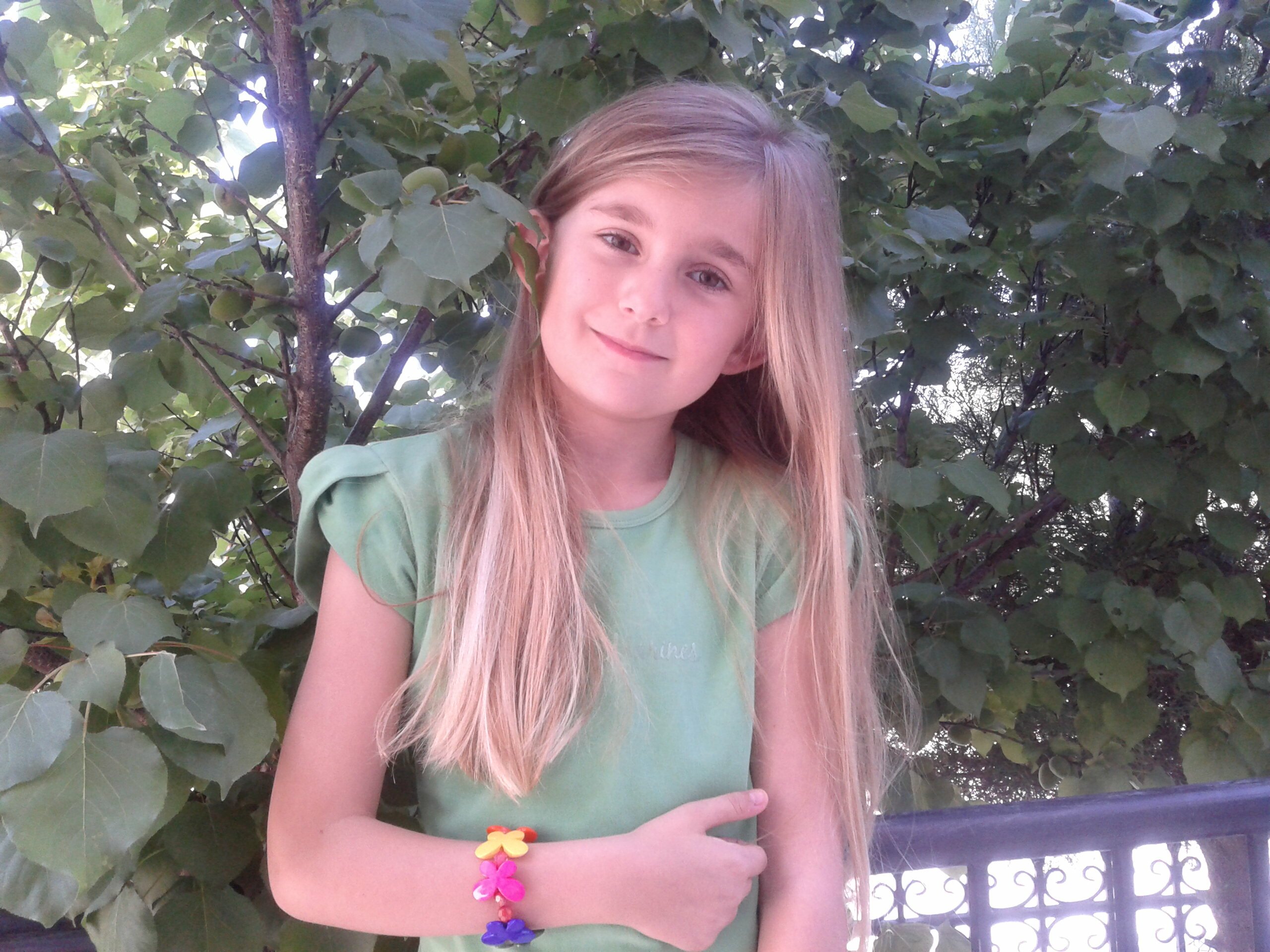Green Kids
Author: Green CyprusAs we become more and more concerned with the environmental impact of our actions, it is a wise decision to talk about these issues with our children and show them how they too can incorporate more responsible practices into their daily routines. The following ten tips for kids who want to go green will help them get moving in the right direction:
 1.) Ask mum for green school supplies. Going to school and going green can go hand in hand! Kids can get green school supplies that will make a difference. For example, recycled paper/exercise books, project materials, pencils, pens, etc are available on our doorstep. We’ve seen these kind of products at Kyriacou Bookshops. They even stock recycled pens made out of recycled plastic water bottles – cool!
1.) Ask mum for green school supplies. Going to school and going green can go hand in hand! Kids can get green school supplies that will make a difference. For example, recycled paper/exercise books, project materials, pencils, pens, etc are available on our doorstep. We’ve seen these kind of products at Kyriacou Bookshops. They even stock recycled pens made out of recycled plastic water bottles – cool!
2.) Walk, car share or take the bus to school. Less carbon emissions come from less burned fuel. We have to use petrol to run most of today’s cars so, let’s use as little of it as we can, not least because it’s so expensive! When you share a ride with others, it means fewer people have to use petrol, and when you walk or bike there is no fuel burned at all…except your breakfast!
3.) Turn off the water while showering and brushing teeth. Most people let the water run while soaping up or brushing, but that wastes water. Run the water to get your towel and body or toothbrush wet and then wash or brush with the water off. It saves water AND money because like petrol, water is expensive and scarce!
4.) Eat organic! Organic food which is readily available in Cyprus is food grown without pesticides, growth hormones and other chemicals. Get the lowdown on the benefits of eating organic by visiting producers of fresh organic ready food here in Cyprus. Also, consider asking your teacher to start an organic garden at school and create compost for it. It’s a great way to learn about growing fruit & vegetables and teaches you how it can be done without the use of nasty pesticides and chemicals.
5.) Turn off lights and appliances/electronics when not in use. Children don’t usually think about turning off lights and appliances because in general they are not cost conscious. That means children are wasteful. (Don’t worry – your parents did it when they were kids, too!) Children who reduce, reuse, and recycle know that wastefulness is not good, and one thing they do not waste is energy. Although cleaner energy is becoming more common, no energy should be wasted. When you’re not using lights or appliances/electronics (TV, computer, electronic games, etc.) turn them off! You know it’s sensible.
6.) If your parents recycle, follow their example and ask them to show you how to sort it too. The family that recycles together stays together! Sometimes parents don’t realise how much you care. Going green is a lifestyle, so get in on the day-today activities by doing your part.
7.) Volunteer with community organisations that plant trees or participate in similar environmental projects. Trees help us enjoy cleaner air and more beautiful landscapes. Get help finding organisations where you live who plant trees, and then volunteer to help! 
8.) If you’re helping with the washing-up, remember to hand-wash dishes or only run the dishwasher for full loads. Most people don’t realise that dishwashers use considerably more water to wash a load of dishes than the traditional sink method does. So, to conserve water, it’s best not to use the dishwasher at all. If you do, use eco-friendly dishwashing detergent and only run the washer when it is completely full. If it’s not full or if you can, choose to wash dishes in the sink instead, of course, with eco-friendly dishwashing liquid.
9.) Reduce waste by reducing your use of disposables. It’s easy to use throwaway cups, plates, wrappers, and utensils, but it only creates more waste for landfills. Also, disposable paper products like facial and bathroom tissue and paper towels and napkins also end up in the rubbish. We can save more trees by using less paper products, and we can keep more plastics and polystyrene out of the landfills by using less throwaway utensils and containers. Also, eating less often at fast-food restaurants cuts down on your usage of these items, too. You know it isn’t healthy anyway!
10.) Ease up on electronic games. Playing games on both computers and systems uses a lot of energy! That’s why your system or computer feels hot afterwards! You can save on energy by simply doing homework or going outside to play instead of posting up in front of the TV or computer screen. Mum will be pleased too! This activity uses more electricity than regular TV or computer usage, so it should be kept to a minimum.
